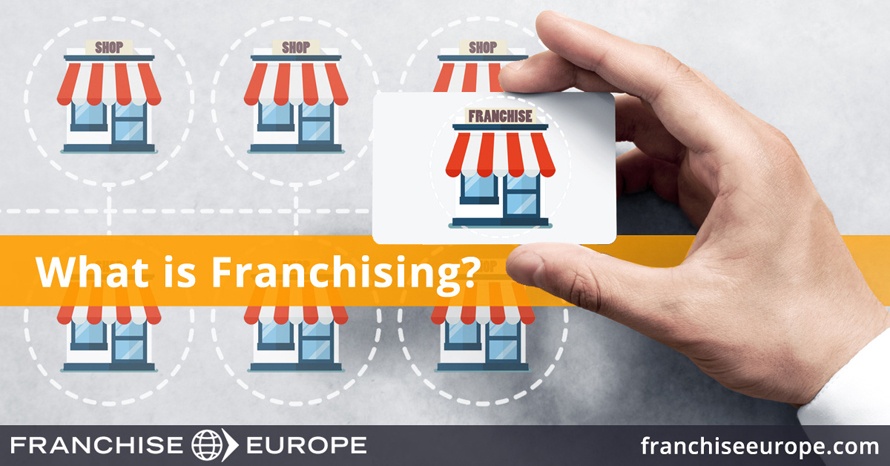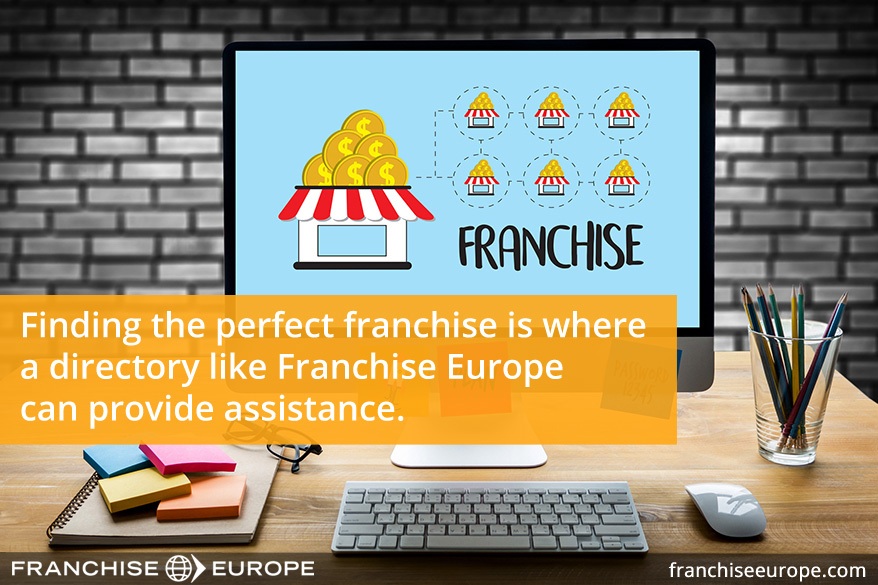🕒: Five minutes

Franchise is the process by which the owner of a business (the franchisor) sells the rights to their business model, business systems and trademarks to a third party (the franchisee). Therefore, franchising is not a business per se but a means of enabling a business to develop its consumer base and/or its geographic reach with minimised growth risk. Therefore, franchising is not a business per se but a means of enabling a business to develop its consumer base and/or its geographic reach with minimised growth risk.
A simple search online reveals the technicality of franchising but specificity lies in the details. To gain a genuine comprehension of franchising, it is necessary to move beyond any dictionary definition and examine what franchising means to and for a potential franchisor and a prospective franchisee. This is best done by examining the key questions that are commonly asked about franchising.
Franchise Opportunity vs. Business Opportunity
The core difference between a franchise opportunity and a business opportunity is the differing offering of these two options. A business opportunity can be defined as the sale or lease of any good or service that allows the purchaser to establish a business. A franchise, however, is effectively a licence granted to a franchisee, which enables them to use a business concept and trademark to develop a product or service in a particular region.
There is a wide variety of secondary differences between a franchise and a business opportunity, including:
- Associated cost – franchises are generally more expensive due to higher start-up costs and royalty payments.
- Training – a major advantage of a franchise opportunity is that training and support are usually essential components of a franchisor’s offering.
- Flexibility – an important consideration when considering a franchise opportunity is what it will mean to function within the parameters of a trademark. Franchises tend to be very structured operations whilst business opportunities allow for greater customisation.
A franchise is an opportunity for a franchisee to build upon established brand equity and for a franchisor to expand their reach. Unlike a business opportunity, the legal contracts it entails are long-standing and binding agreements focused on the long-term development of the products or services entailed. As a potential franchisor, it is imperative to understand what is expected of you in terms of training and support. As a potential franchisee, it is essential to understand the level of commitment entailed by this endeavour.

The Contract
Finding the perfect franchise is where a directory like Franchise Europe can provide assistance. Through our online portal you can access information on the vast range of franchises available throughout Europe at this time and search by categories, by investment or by location. Alternatively, if you are looking to franchise your business, you can use this portal to advertise your opportunity and be matched with potential franchisees.
Once you have been matched with your perfect franchise or franchisee, spoken to other franchisees and arranged the terms of your agreement, it is necessary to sign a franchise agreement. In the US a prospective franchisee must receive the franchise's franchise disclosure document (FDD) before they sign this contract. The FDD is a formal disclaimer of the machinations and terms of the franchise agreement and offers potential franchisees extensive information regarding the franchise in question.
In Europe, only six countries have formally enacted franchise disclosure laws (Belgium, France, Italy, Romania, Spain and Sweden) but some have ‘good faith’ laws. It is important for you, as either a franchisor or a franchisee, to research the legal positioning of the franchise industry in your country before you sign the franchise agreement.
The terms of a franchise agreement vary depending on the franchise with some franchisors enacting rigid stipulations and others allowing negotiation. Any questions regarding these terms should be addressed prior to this signing as the franchise agreement is a legally binding contract. Once this contract is signed, it is time to jump into the action phase of the franchise, whether this is commencing training yourself or training your new franchisee.
Who Owns a Franchise?
The question of franchise ownership is essential to the understanding of what exactly is entailed by franchising. There is a trend of franchisees being called “franchise owners” but the implication that a franchisee owns a franchise is fundamentally incorrect. The franchisor is always in complete control of the franchise network.
Finding out what you have the right to sell is the simplest way of finding out what you own. As the franchisee is leasing the intellectual property and business format of the franchise, the franchisor will have the right to veto the sale of a franchise or master franchise. The franchisor is also the ultimate decider regarding who can start, leave or develop the franchise and the franchisor has overall control of the franchise network.
Therefore, the franchisee must lay out their own terms and requirements, prior to joining a franchise network and ensure that these provisions are made in their franchise agreement. The agreement should always explicitly detail what will occur in the event of a franchise sale so, in the event that the franchisee wishes to move on from the business, the franchisor will have first right of refusal over the franchise and the capacity to instil a new franchisee of their choice.
N.B. The relationship between franchisor and franchisee is governed by a contract. It is crucial that you seek professional advice when negotiating your contract, preferably from a lawyer who has experience with franchise agreements.














